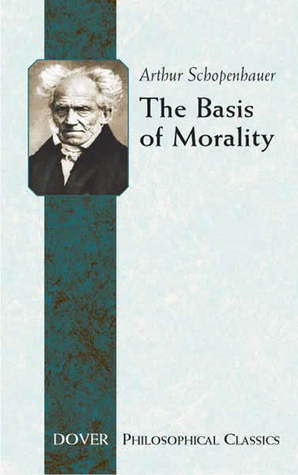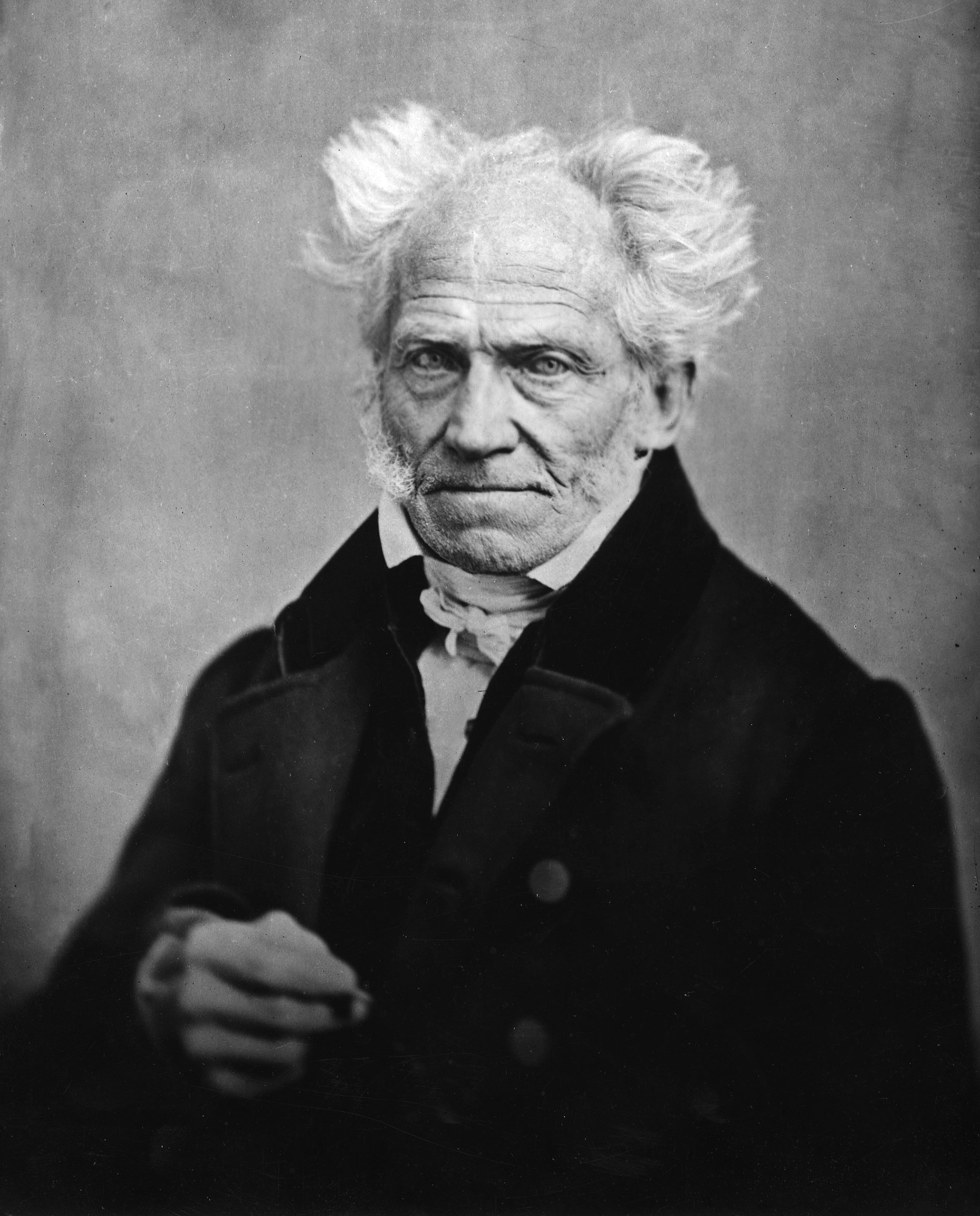
Persuasive and humane towards mankind, if neither towards womankind, this classic of philosophy represents one of the nineteenth century's most significant treatises on ethics. The Basis of Morality offers Schopenhauer's fullest examination of traditional ethical themes, and it articulates a descriptive form of ethics that contradicts the rationally based prescriptive theories. Starting with his polemic against Kant's ethics of duty, Schopenhauer anticipates the latter-day critics of moral philosophy. Arguing that compassion forms the basis of morality, he outlines a perspective on ethics in which passion and desire correspond to different moral characters, behaviors, and worldviews. In conclusion, Schopenhauer defines his metaphysics of morals, employing Kant's transcendental idealism to illustrate both the interconnectiveness of being and the affinity of his ethics to Eastern thought.
Author

Arthur Schopenhauer was born in the city of Danzig (then part of the Polish–Lithuanian Commonwealth; present day Gdańsk, Poland) and was a German philosopher best known for his work The World as Will and Representation. Schopenhauer attempted to make his career as an academic by correcting and expanding Immanuel Kant's philosophy concerning the way in which we experience the world. He was the son of author Johanna Schopenhauer and the older brother of Adele Schopenhauer.